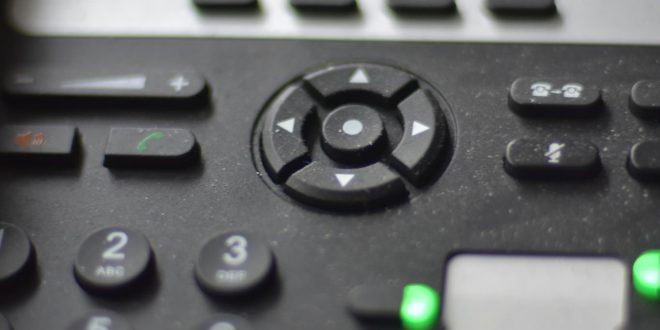Dialectical Behavior Therapy (DBT) is a comprehensive treatment for borderline personality disorder and, in its standard form, involves individual therapy, group skills training, consultation team for therapists, and phone coaching. Phone coaching is designed to help clients generalize the skills they are learning in treatment to the rest of their lives. As we frequently tell clients, if they are in therapy 3 hours a week, those 3 hours are competing with the 165 non-therapy hours every week. That’s not a great ratio! Thus, therapy is not likely to work unless we can figure out how to get skillful behavior into the clients’ day-to-day lives outside the therapy office.
There are many options for helping a client generalize skillful behavior in DBT but the process most associated with generalization is phone coaching. In phone coaching, clients call their therapists before they engage in dysfunctional behavior and when they need help in applying their skills. The most optimal moment for skills coaching and skills generalization is when a client is highly distressed, wants to use functional behavioral skills to effectively manage the immediate situation, seeks assistance from the therapist in-the-moment when “stuck” with figuring out which skill to practice or how to practice it, receives coaching, and experiences success.
Of course, there are many instances in which phone coaching does not proceed in this optimal way. And the image that most therapists have of phone coaching is very different from this sequence. Therapists envision being woken up at 3am by a suicidal client who refuses help. Or having to return 15 calls at the end of the day from clients in need. There are great fears about doing phone coaching “correctly” as well as fears about the level of intrusion phone coaching will have in a therapist’s life. These likely represent reasons why, as we cited in the article, phone coaching is the mode of DBT least likely to be implemented.
However, our research should provide some comfort to therapists. Along with other studies that have measured frequency of phone coaching, we found that, on average¸ clients call 1-2 times per month. Although we did not collect data on time of day that calls were made, it is likely that the sheer number of calls would seem manageable to most clinicians. In fact, we suggest that our data indicate that many clients are not calling their therapists as frequently as maybe they should. Clients and therapists alike need to recognize the value of phone coaching and the importance of getting clients to think about therapy and therapy goals more often during their lives. More studies are needed to better understand the relationship between phone coaching and outcomes as well as therapist effectiveness with phone coaching.
Read the full paper: Oliveira, P. N., & Rizvi, S. L. (2018). Phone coaching in Dialectical Behavior Therapy: frequency and relationship to client variables. Cognitive Behaviour Therapy, 47(5), 383-396. doi:10.1080/16506073.2018.1437469

Photo by: Wouter Verhelst
 Cognitive Behaviour Therapy A peer reviewed, multidisciplinary journal devoted to the application of behavioural and cognitive sciences to clinical psychology and psychotherapy.
Cognitive Behaviour Therapy A peer reviewed, multidisciplinary journal devoted to the application of behavioural and cognitive sciences to clinical psychology and psychotherapy.



